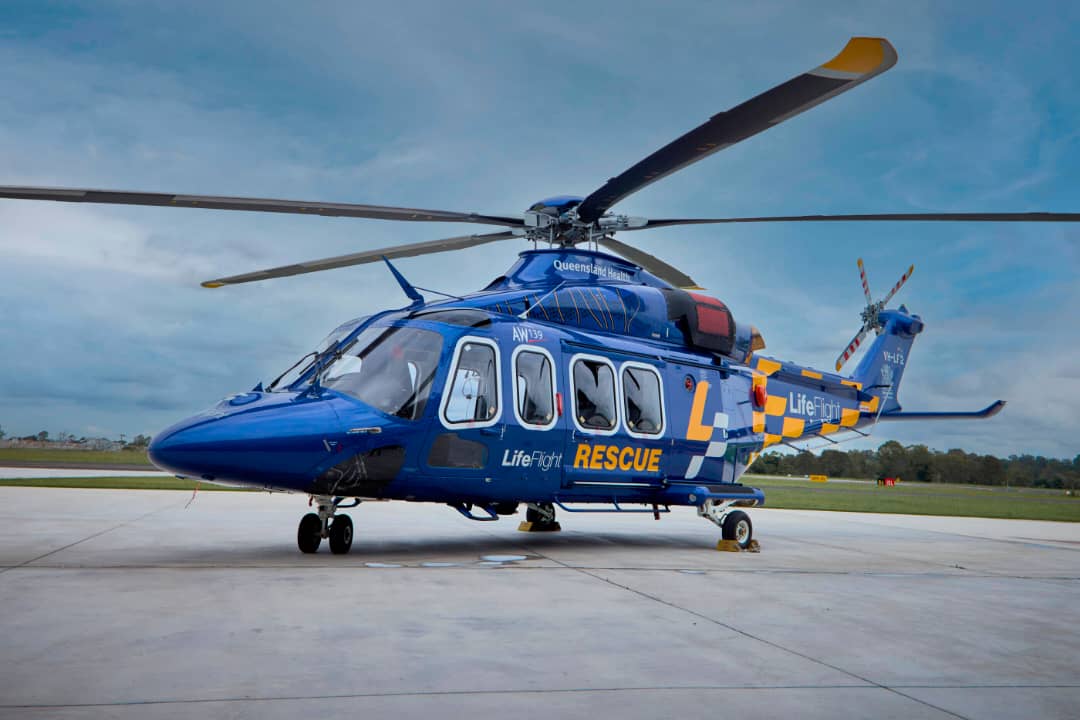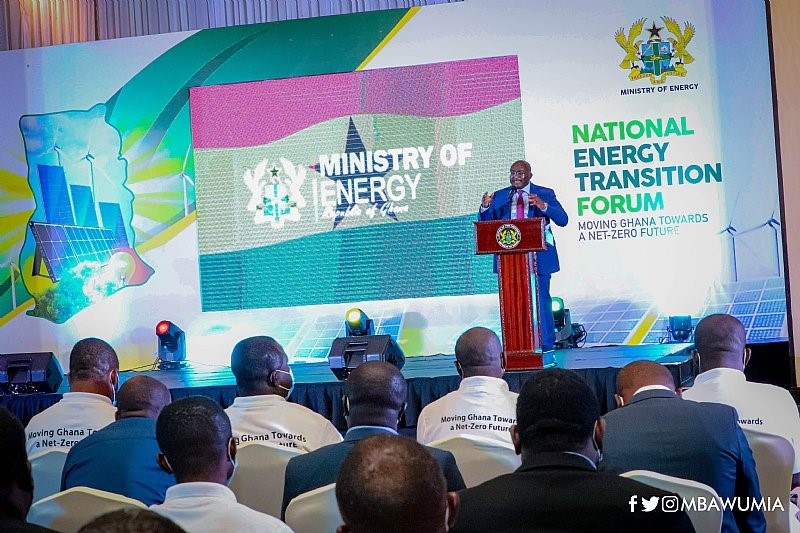A deadly helicopter crash that killed eight senior state officials has thrown President John Dramani Mahama’s government into an unprecedented wave of fear, grounding both air and road travel for many of his top appointees.
According to multiple sources within the administration, the officials — some of whom were scheduled for high-profile regional tours and diplomatic engagements — have abruptly cancelled trips, opting to remain in Accra and conduct all business through virtual platforms like Zoom and Google Meet.
“This tragedy has shaken them to the core,” one insider told our reporter. “It’s not just air travel they’re avoiding — some are refusing to even drive outside Accra until further notice.”
Lingering Trauma from a National Tragedy
The crash, which occurred in the Eastern Region last week, claimed the lives of eight influential figures, including Minister of Defence , Dr, Edward Omane Boama , Minister of Enviroment science and Technology, Dr Murtala Muhammed, Deputy National Security Coordinator Alhaji Muniru Mohammed Vice Chairman of NDC , Dr Samuel Sarpong , and the Deputy NADMO Cordinator Mr Daniel Ofori as well as the experienced Military pilots.
Transport experts have warned that the disaster has exposed deep-seated safety flaws. Many of the helicopters in service are decades old, often operating beyond their intended lifespan, with irregular maintenance schedules due to budgetary and procurement challenges.
Not the First Warning Sign
This incident follows at least three other emergency landings involving state or privately chartered helicopters in the past two years. In one case, a military chopper carrying senior security officials made an unscheduled landing in the Volta Region after engine trouble. In another, a chartered aircraft ferrying a minister to a mining site in the Western Region developed midair technical issues.
While these earlier events did not result in fatalities, aviation experts say they were clear warning signs that a major accident was inevitable without urgent intervention.
Road Safety Concerns Also Rising
Ironically, the decision by many officials to avoid flights has not translated into confidence in road travel. The latest National Road Safety Authority statistics show that Ghana records over 2,000 road fatalities annually, with poor highway conditions, reckless driving, and weak enforcement among the chief causes.
“They are caught between the fear of flying and the danger of road travel,” another source noted. “For now, staying put in Accra seems the safest bet.”
Impact on Governance and Diplomacy
The travel freeze has already disrupted several official programs, including regional inspection tours, community outreach initiatives, and scheduled diplomatic visits to neighbouring countries. Development projects requiring on-site supervision have also slowed, with some regional ministers complaining of delays in approvals and funding disbursements.
Political observers warn that prolonged fear-driven immobility could hamper the Mahama government’s efficiency and public image, especially in the run-up to crucial policy deadlines.
Call for Transport Safety Overhaul
Civil society groups and transport unions are calling for an urgent overhaul of Ghana’s transport safety systems — from upgrading aircraft fleets and enforcing maintenance schedules to fixing hazardous highways and strengthening driver discipline.
Until those changes happen, fear may continue to dictate the movements of the country’s most powerful decision-makers.



